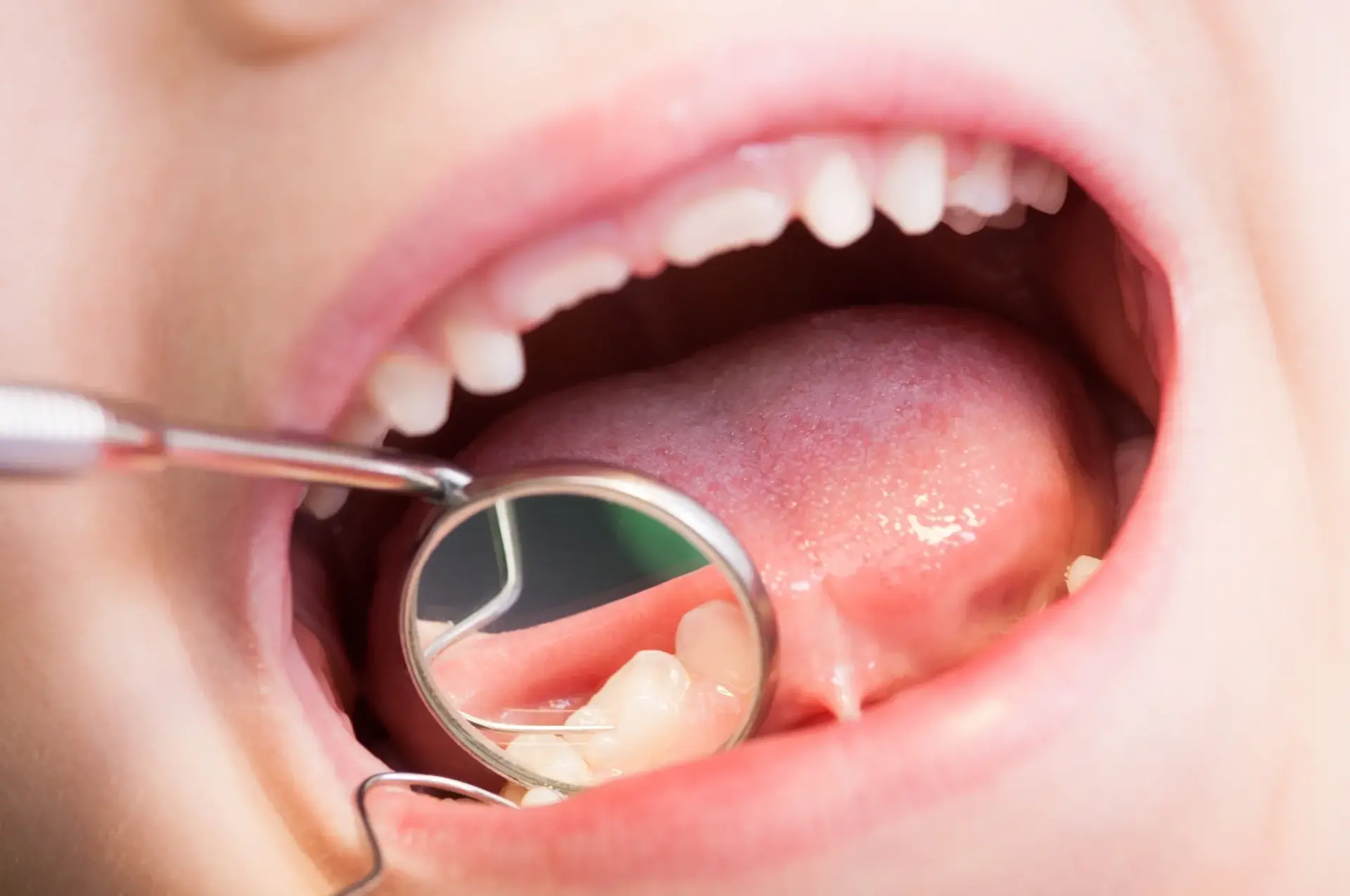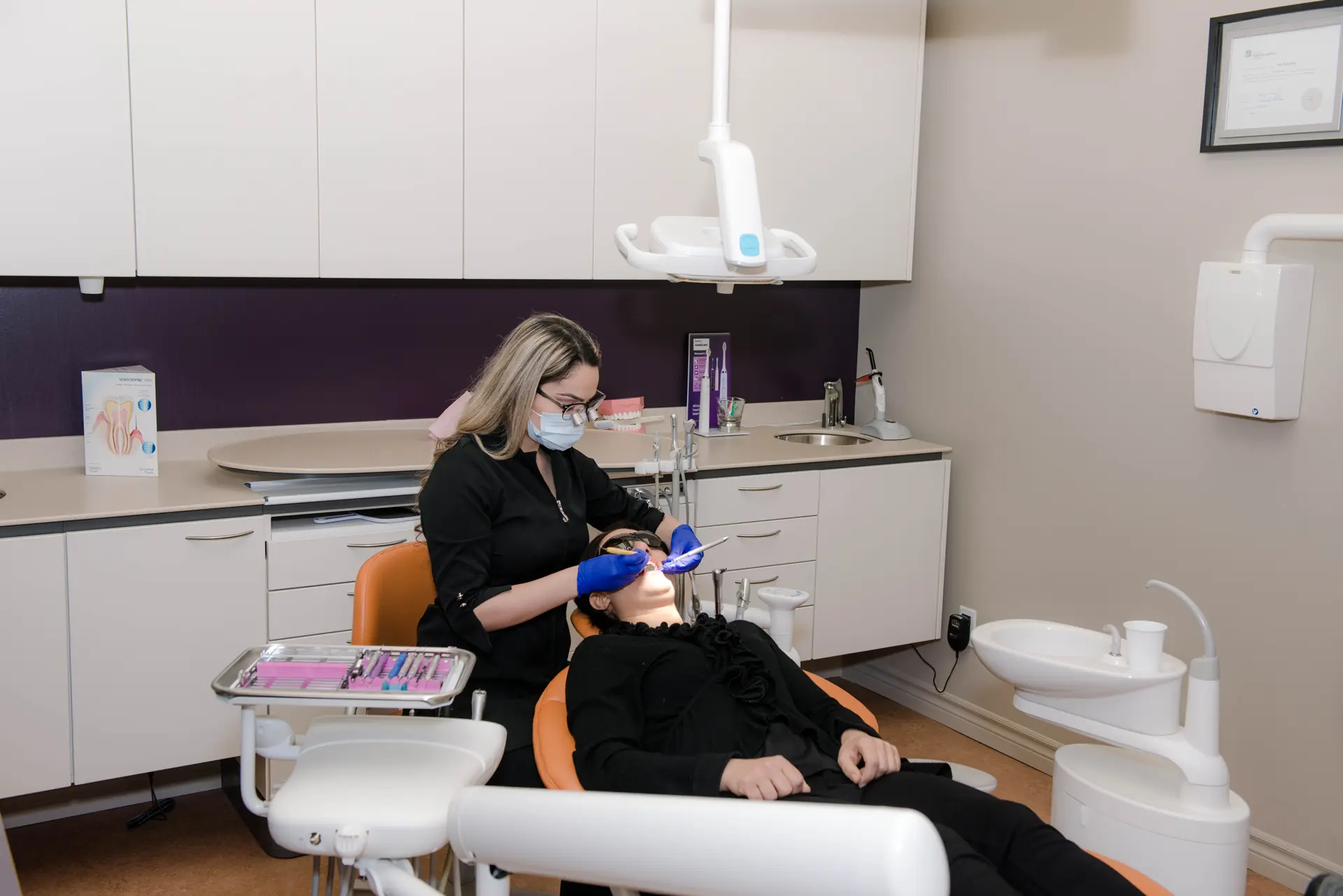
Temporomandibular disorder (TMD) is a condition that affects the temporomandibular joint, muscles, and tendons which connects your jawbone to your skull. Symptoms of TMD may include jaw pain or tenderness, difficulty chewing, clicking or popping sounds when opening or closing the mouth, and limited range of motion in the jaw.
Bruxism is a habit of clenching or grinding the teeth, often during sleep. Chronic teeth grinding can lead to jaw pain, headaches, tooth wear, and other dental problems. Stress, anxiety, poor posture, and bad habits are common contributing factors to bruxism.


Jaw pain may also result from dental conditions such as tooth decay, gum disease, or impacted wisdom teeth. Injuries to the jaw, arthritis, and sinus infections can also contribute to discomfort in the jaw area.

Practice stress-reduction techniques such as relaxation exercises, meditation, or yoga to alleviate tension in the jaw muscles. Avoid habits that exacerbate jaw pain, such as chewing gum, biting nails, or clenching the jaw.
Custom-fitted oral appliances, such as nightguards or splints, can help alleviate jaw pain and protect the teeth from the effects of bruxism. These devices are designed to reposition the jaw and prevent teeth grinding during sleep.


Dental treatments may be recommended to address underlying causes of jaw pain, such as tooth decay, gum disease, or misaligned teeth. Restorative procedures, orthodontic treatment, or tooth extraction may be necessary to improve oral health and alleviate discomfort.